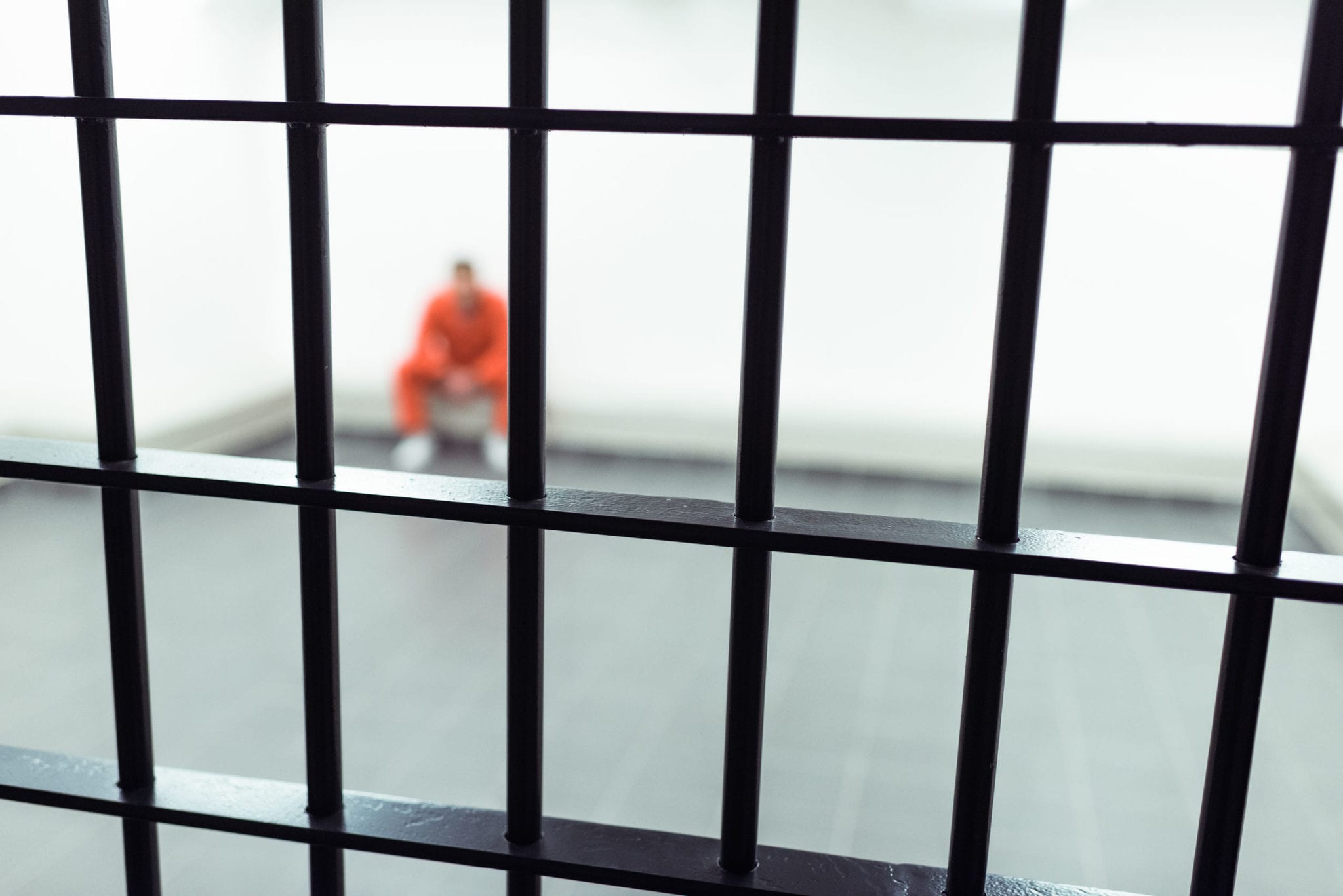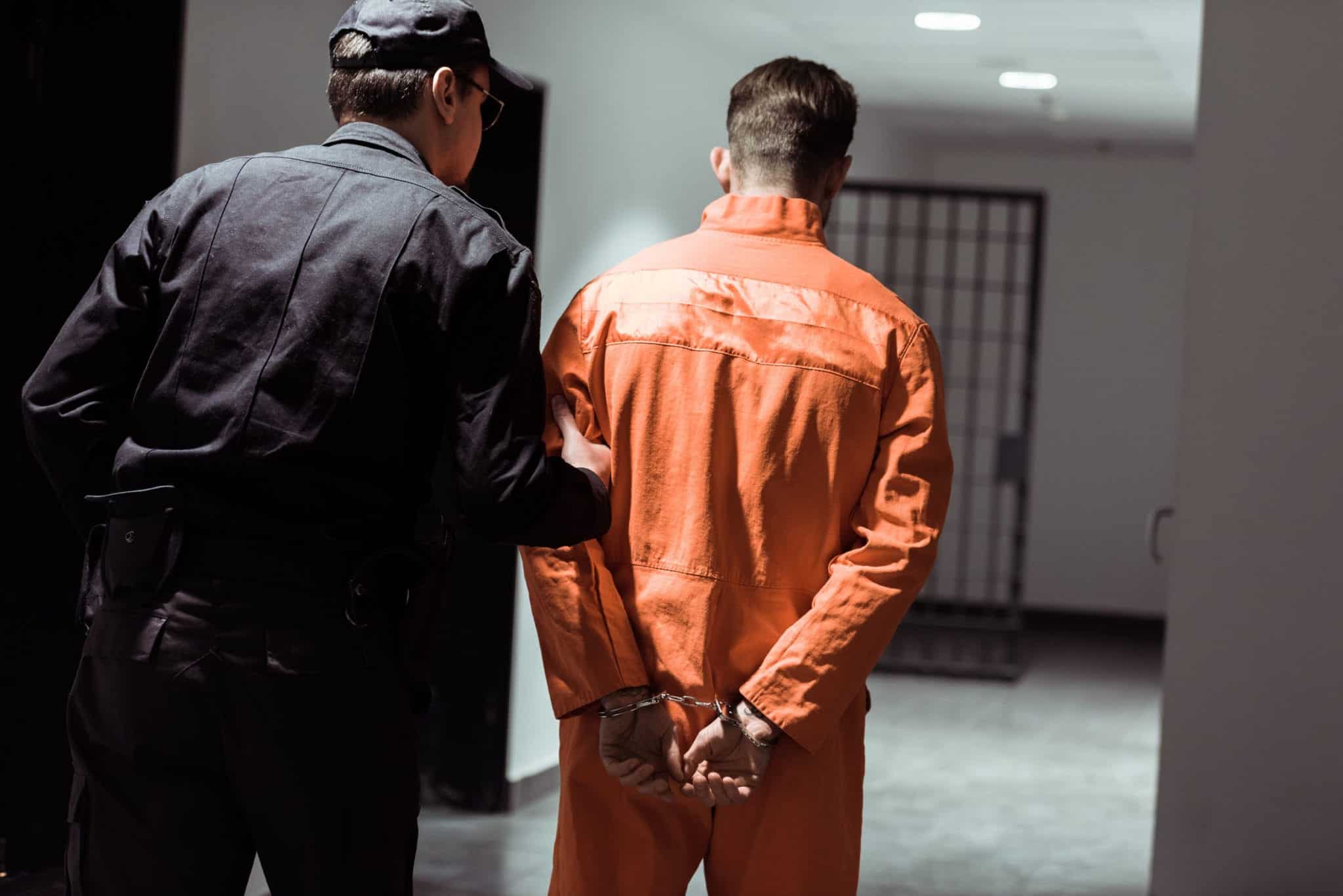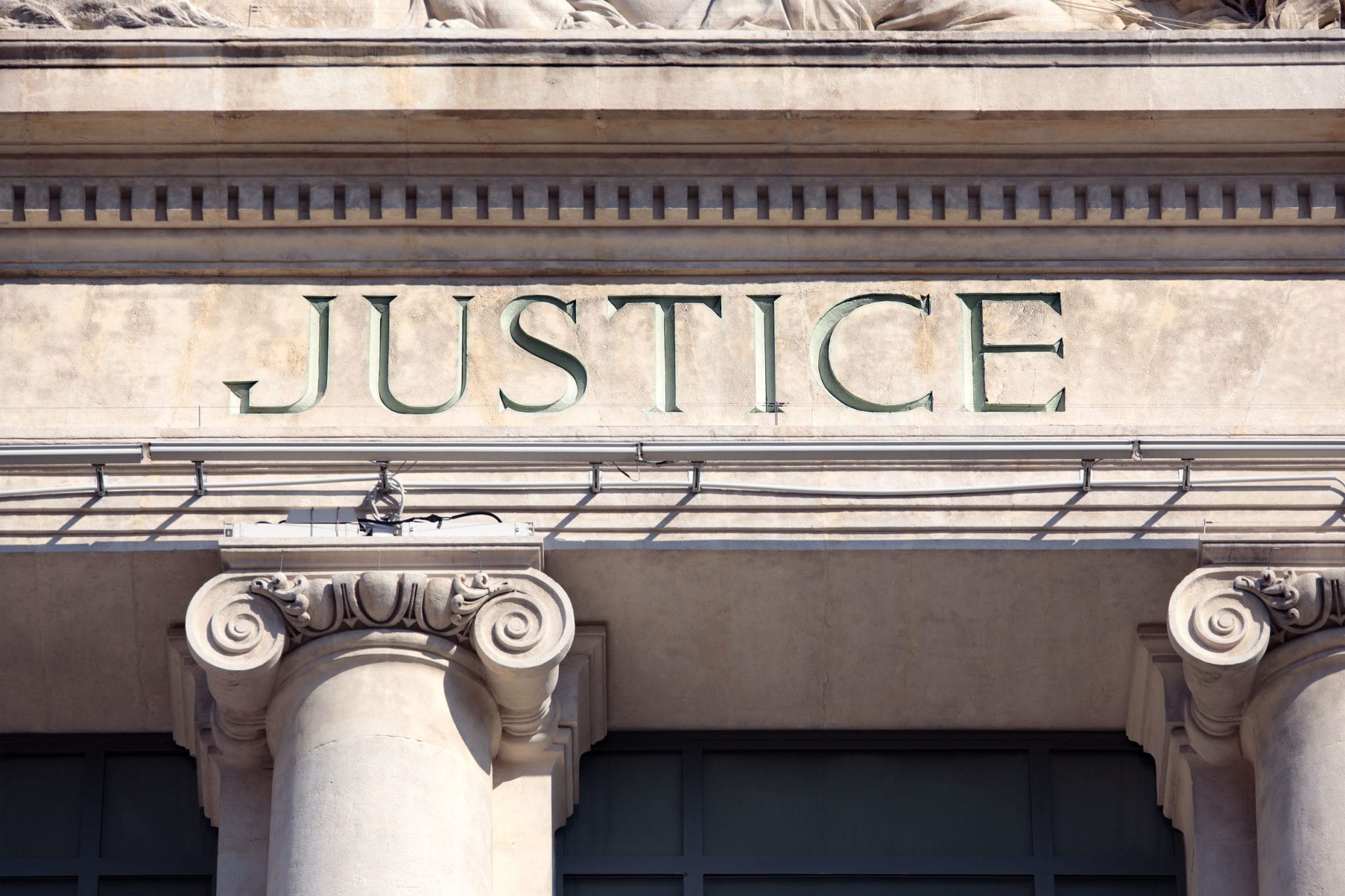A jail or prison sentence results in a restriction on legal and constitutional rights for the incarcerated individual. However, this does not mean that inmates are without basic human rights nor without constitutional protections when in jail or prison.
Recently, the El Paso Sheriff’s office came under fire when it was discovered that inmates had been used to move bodies of those that had died of COVID-19 into mobile morgues.
This is something the National Guard normally assists with, but their services were unavailable at the time and the area hospitals were overwhelmed with bodies of the deceased.
The prisoners were provided personal protective equipment and were paid for their help, but there seems to be some question as to whether it was lawfully appropriate for the Sheriff’s office to put the inmates at risk.
This incident raises the questions about the rights enjoyed by incarcerated people. It is important to understand what rights you have should you find yourself in jail or prison.
General Rights of the Incarcerated
The rights a prisoner has while in jail or prison generally upon place of incarceration and the status of their conviction.
In the pre-trial stage, inmates have the right to be housed humanely and cannot be treated as guilty before being tried and convicted. If they are found guilty, then other rights apply.
The Right to Be Free From Inhumane Treatment
You may have heard the term “cruel and unusual” punishment before. That’s because this is a right provided to every American under the United States Constitution – the right to be free from inhumane treatment.
The Eighth Amendment doesn’t expressly define what inhumane or cruel and unusual punishment is, but the Supreme Court has set out certain parameters concerning the rights and treatment of prisoners under Eighth Amendment. Even before court intervention the Framers of the Constitution outlawed:
- Beheading
- Drawing and quartering
- Burning alive
- Disemboweling
- Public dissection
The Supreme Court’s intervention with the Eighth Amendment has generally been to make sure legislative punishment do not violate the basic dignity of the inmates or offend the evolving social standards of decency. The court’s intervention has always been weighed on a case-by-case basis.
Right to Complain About Conditions
Prisoners have the right to complain about the conditions they face in prison. If denied their rights or retaliated against after the exercise of their rights, such as solitary confinement, this is recognized as a constitutional violation.
Sex Crimes and Sexual Harassment
Those who are in jail or prison also have the right to be free from sex assaults and sexual harassment. The harassment can be from either another inmate or personnel at the prison.
Courts have previously held government officials, prison administrators, and guards liable for allowing sexual harassment or sex assaults to occur. Officials allowing or participating in these incidents can face civil and criminal sanctions.
Right to Medical Care
Prisoners have the right to receive treatment for physical and mental health issues while they are in jail or prison. Treatments are only required to be adequate.
Often, prisoners with life-endangering ailments are only given the bare minimum of treatment to keep them comfortable – and that is acceptable under current standards. They are not entitled to treatments that extend their lives.
Rights of Disabled Prisoners
If an inmate suffers from a disability, then they have the right to seek reasonable accommodations under the Americans with Disabilities Act.
This guarantees that disabled prisoners have access to the same facilities as those who are not disabled. The accommodations, however, do not have to be extraordinary or even the best that is available to meet this standard.
Rights Under the First Amendment
Free speech and freedom of religion are two rights people take very seriously—both of which are guaranteed under the First Amendment of the Constitution.
Inmates retain these First Amendment guarantees so long as the exercise of those rights do not impose extraordinary burdens on prison security.
That is to say they may not exercise these rights if it interferes with the order, security, or discipline within the correctional facility.
This is why it’s acceptable for officials in jails and prisons to inspect incoming and outgoing mail, read emails, and screen messages. Prison officials may not screen out things they think are inflammatory or rude outside of the facility, however.
So, were the rights of the prisoner’s at the Sheriff’s office in El Paso violated?
That may still be up for debate.
What is not up for debate are the real rights that Texas prisoners are entitled to.






